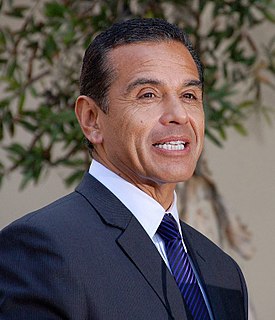A Quote by Primo Levi
The bond between a man and his profession is similar to that which ties him to his country; it is just as complex, often ambivalent, and in general it is understood completely only when it is broken: by exile or emigration in the case of one's country, by retirement in the case of a trade or profession.
Quote Topics
Related Quotes
He that can toy with his ministry and count it to be like a trade, or like any other profession, was never called of God. But he that has a charge pressing on his heart, and a woe ringing in his ear, and preaches as though he heard the cried of hell behind him, and saw his God looking down on him-oh, how that man entreats the Lord that his hearers may not hear in vain!
It's part of a writer's profession, as it's part of a spy's profession, to prey on the community to which he's attached, to take away information - often in secret - and to translate that into intelligence for his masters, whether it's his readership or his spy masters. And I think that both professions are perhaps rather lonely.
The only distinction between freedom and slavery consists in this: In the former state a man is governed by the laws to which he has given his consent, either in person or by his representative; in the latter, he is governed by the will of another. In the one case, his life and property are his own; in the other, they depend upon the pleasure of his master. It is easy to discern which of these two states is preferable.
Patriotism, or the peculiar relation of an individual to his country, is like the family instinct. In the child it is a blind devotion; in the man in intelligent love. The patriot perceives the claim made upon his country by the circumstances and time of her growth and power, and how God is to be served by using those opportunities of helping mankind. Therefore his country's honor is dear to him as his own, and he would as soon lie and steal himself as assist or excuse his country in a crime.





































